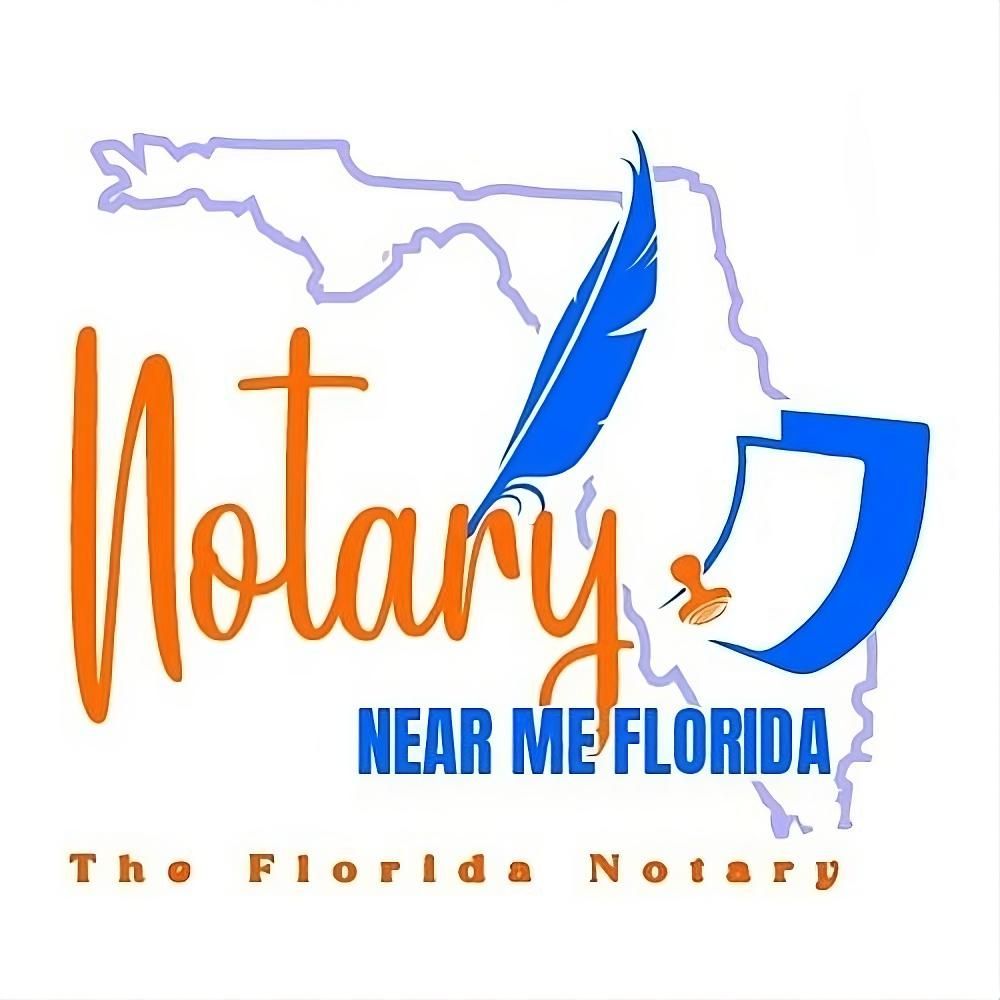Unprotected? Don’t Let That Be You
Congratulations. You've finally completed that Power of Attorney your daughter has been urging you to get done for months. It’s printed, signed, and tucked away in a safe place. But here’s the million-dollar question:
Did you have it notarized?
If not, that crucial document—and others like it—might not hold up when it matters most. Notarization isn't just a technical step; it's a safeguard that gives your documents the legal authority they need to protect you, your family, and your legacy.
Here are five essential legal documents that deserve more than your signature—they deserve a notary’s seal.
1. Power of Attorney (POA)
A Power of Attorney grants someone the authority to act on your behalf in legal or financial matters. Without notarization, banks, hospitals, or government agencies may reject it—leaving your affairs in limbo when you need help the most.
✅ Why it matters: A notarized POA ensures that your chosen representative—often a spouse, adult child, other family member, or trusted friend—can act swiftly and without legal hurdles during an emergency.
⚠️ Important: This document is only valid while you are alive. Once you pass away, the POA loses its power—and a new legal process must begin.
2. Revocable Living Trust
A revocable living trust is a legal document that allows you to manage your assets during your lifetime and specify how they should be distributed after your death—without going through probate.
Assets placed into the trust might include real estate, bank accounts, investment portfolios, personal property, or even life insurance policies. As the grantor, you maintain control of the trust while you’re alive. Upon your death or incapacity, a designated successor trustee takes over and administers the trust according to your instructions.
📌 What is probate? Probate is the court-supervised legal process of verifying a will, settling debts, and distributing assets.
📌 Trust vs. Will: A will takes effect after death and goes through probate. A trust is designed to manage and distribute assets and often avoids probate.
3. Advance Directive (Living Will)
An advance directive—also called a living will—spells out your preferences for medical treatment if you are unable to communicate your decisions yourself. It may include choices about life support, feeding tubes, ventilators, and other life-sustaining interventions.
✅ Why it matters: A notarized advance directive gives healthcare providers clear, legally recognized instructions and can help loved ones avoid painful guesswork during medical emergencies.
4. Designation of Health Care Surrogate
A Health Care Surrogate Designation (also called a medical power of attorney) names a trusted person to make medical decisions on your behalf if you’re unable to do so. This surrogate may be asked to approve treatments, select care providers, or decide when to transition to palliative care.
✅ Why it matters: A notarized designation ensures your surrogate’s authority will be recognized by medical professionals and institutions—eliminating uncertainty during urgent situations.
📌 What is palliative care? Palliative care is specialized medical care focused on providing comfort, managing pain, and improving quality of life for individuals with serious illnesses.
📌 Advance Directive vs. Health Care Surrogate Designation: An advance directive focuses on your care preferences. A health care surrogate designation names the person authorized to make those decisions on your behalf.
5. Parental Consent for Minor’s Travel
When a child under 18 travels without both legal guardians—especially internationally—border agents, airlines, and customs authorities often require a notarized parental consent form. This document gives permission for the child to travel and provides a safeguard against abduction or custody issues.
✅ Why it matters: A notarized consent form helps ensure smooth travel and avoids delays or detainment due to missing documentation.
📌 In certain cases, courts or schools may also require notarized temporary custody forms if a child is staying with another adult for an extended time (like a grandparent or guardian).
You’ve completed the paperwork. You’ve made the responsible decisions. But unless those documents are notarized, they may not carry the weight you think they do.
Notarization isn’t just a red-tape formality—it’s legal reinforcement. It protects your voice, your wishes, and the people you love most.
Unprotected? Not on our watch.
At Notary Near Me Florida, we specialize in notarizing essential documents with care, professionalism, and convenience. Whether you’re:
- Finalizing your Power of Attorney so your spouse or adult child can act on your behalf
- Setting up a revocable living trust for your assets
- Preparing an advance directive that outlines your healthcare preferences
- Naming a healthcare surrogate you trust to speak for you
- Sending your teen abroad for a mission trip or school program
We're here to help you do it the right way—and make it legally count.
Protect what matters. Let’s get your documents notarized the right way. Call or text Notary Near Me Florida today to schedule your appointment for your essential documents: 813-239-4117
📍 Mobile appointments available in the Tampa Bay area
🌍 Remote Online Notarization available worldwide (where permitted)
Many of these documents are created with the help of an attorney—especially those related to estate planning and healthcare. And once they’re signed and notarized, make sure to take one more step:
➡️ Tell someone you trust where the documents are stored.
Even the most carefully prepared paperwork can’t help if no one knows where to find it.














